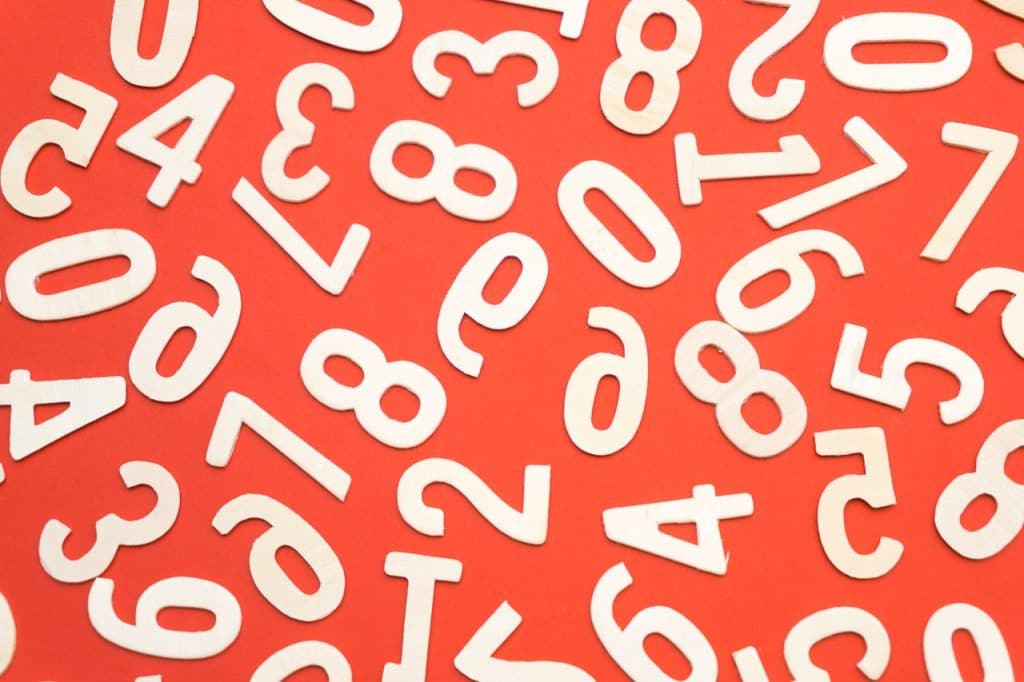Budgeting can be a little tricky, and it takes consistent effort and attention to be effective, but don’t give up! The financial security you’ll gain is definitely worth the effort that goes into living by a good budget.
It’s common knowledge that a budget is important for good financial health, but why isn’t yours working for you? Here are some possible answers.
You Don’t Have One
According to a Gallup poll, only 32 percent of Americans actually have a budget. That’s crazy! To put it in perspective, a third of Americans living by a budget is like only a third of NFL teams actually using a playbook.
Sure, an NFL team might do okay on the field if they’re really talented and they’re playing against really bad teams, but when hard times hit, they’ll get destroyed. The same goes with money. If we don’t use our money according to a plan, we’ll be crippled when things get tight.
If you need some help getting started, Check out our article on building a budget based on your hierarchy of needs.
You Choose Random Budget Amounts

As you’re deciding how much money to put in the different budget categories, you can’t just choose random numbers. To budget well, you have to know how much you’ve spent in each category recently.
Take time tracking your expenses. Make a list of every expense you make for three months and categorize each item. With this information, you can look back and build your budget knowing how much you typically spend in each area.
Not only does tracking your expenses help you put a budget together, it’s a great way to see where you could probably spend less money.
Your Budget is Not Realistic
It would be really nice if you only had to spend $25 per month on groceries, but that may not be realistic, especially if you have dependents. By setting unrealistic budget goals you only set yourself up for failure and disappointment.
Your budget should stretch you to be more wise and careful when it comes to spending, but it should be possible keep up. Make sure that you have a significant “miscellaneous” budget. No matter how well you plan, you can’t plan for everything. So give yourself some breathing room and plan on surprises coming your way.
Your Priorities Aren’t Straight
Knowing the difference between wants and needs is absolutely necessary when it comes to budgeting. Take a look back at our article on Maslow’s Hierarchy of Needs to make sure you understand the difference.
This is such a simple concept, but it can be hard to apply. We don’t need to hunt for food in order to survive like our prehistoric ancestors. Because of that, we have much more time to pursue our wants. If we’re not careful, the hundreds of wants we may have could drain our bank account and make it impossible to satisfy our actual needs.
I know you really want to go out to eat three times a week, but you really need to afford rent, insurance, and save for retirement.
You “Need More Money”

In most cases, you actually don’t. Budgeting may be easier if you make more money, but true financial stability does not depend on how much you make. Someone that makes $250,000 a year could still be deep in debt.
If you think that the solution to all your wants vs. needs problems is getting a raise, think again. It doesn’t matter how much you make, there’s always something to spend it on. Budgeting is an important tool for any income.
Whether you’re a millionaire, or working a part-time job, you have to live within your means.
You Don’t Let Your Budget Change Your Habits
Now you’ve tracked your expenses, you’ve created a realistic but stretching budget based on your tracked expenses, and you’re clear on what your needs and wants are. Why are you still struggling to stick to your budget?
Remember that a budget is a tool. It’s only any good if you actually use it. You need a hammer to build a house, but no matter how good your hammer is, nothing will get done unless you pick up the hammer and use it!
A budget works the same way. Let your budget keep you from spending too much in certain areas. When you go to the store, know how much you can spend, and don’t spend any more than that amount.
I get it. This is hard, but it’s all on you. Nobody can make you stick to a budget. It just requires self-discipline, but it’s worth it. If you stick to a budget, you’ll start to realize that you actually do have a lot more freedom in your finances. If you’re really smart about how you spend, you’ll even find that you have more money to spend on those wants of yours.
So start tracking your expenses, build a budget, and get started on your way to financial stability now.









